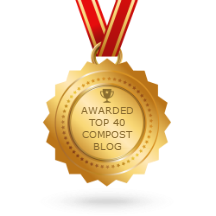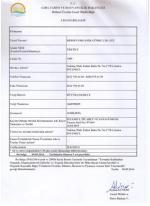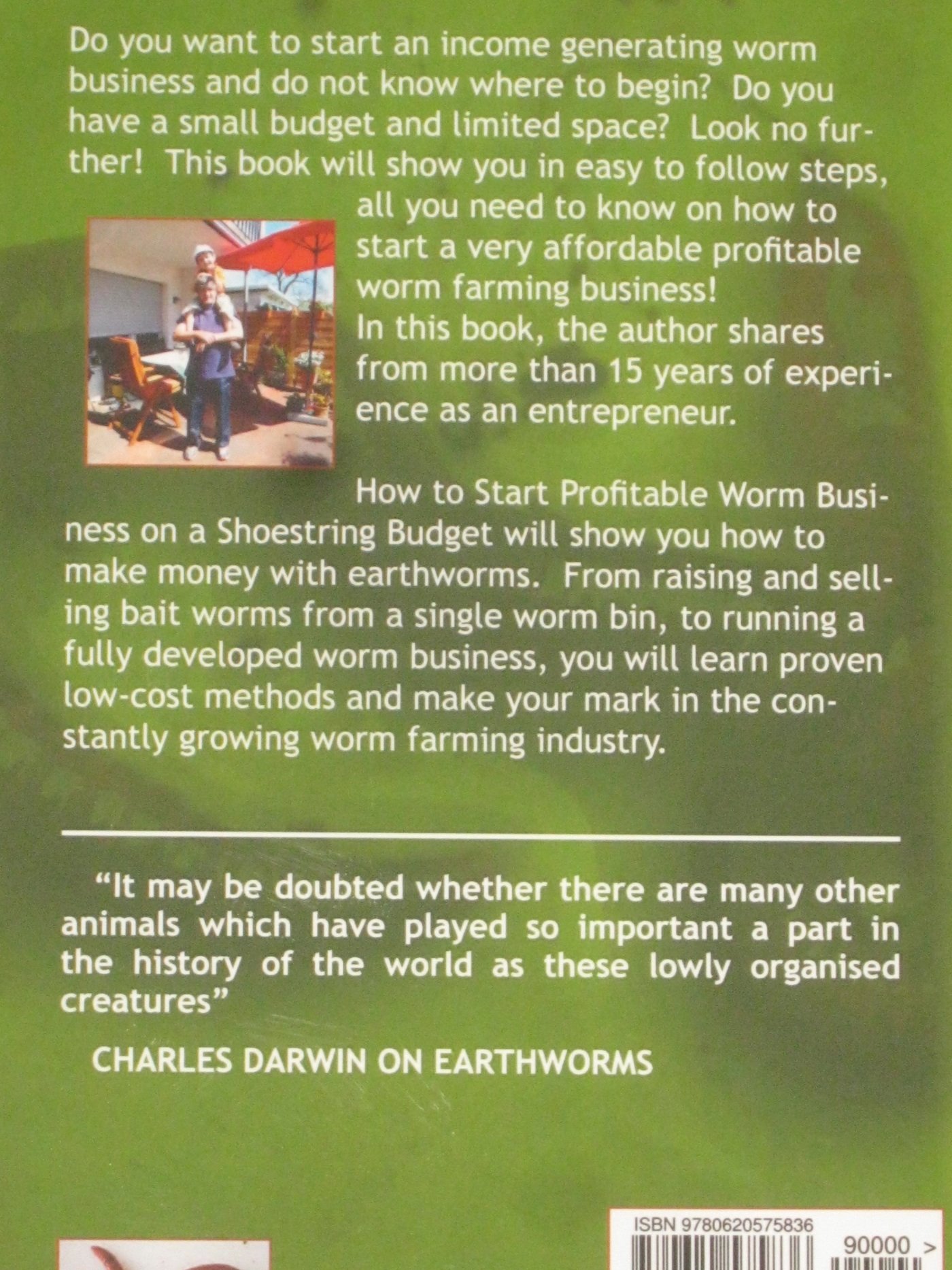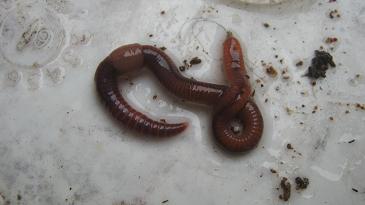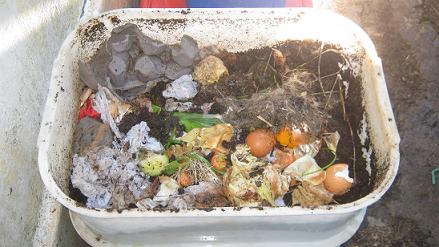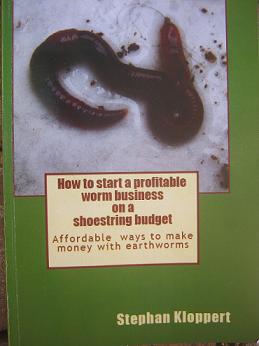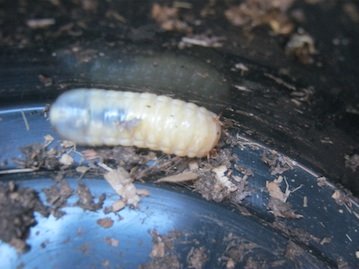Concerned conservationist about Worm composting in Madagascar
by Kerileigh Lobban
(South Africa)
Hi
I am researching about the extent of vermicomposting; worm farming for the use of composting, in Madagascar.
Is the practice widely spread? And are the red worms (ideal candidates for the practice) readily available in the major regions or at least in Tana?
I have used vermicomposting for a few years now in South Africa and find it to be a very efficient and effective means of composting table scraps/organic waste.
I lived in Ankarafantsika NP, Madagascar, for a few years and am constantly thinking back to any issues that the local Malagasy people were/are facing, especially when balancing conservation practices and subsistence farming.
The production of compost and the use of fertilizer is vital in the nutrient-poor soils of certain parts of the country. Slash and burn practices are otherwise used, which are highly destructive and completely unsustainable. With costs of fertilizers increasing, a new solution is needed. I am holding thumbs on a job posting in Madagascar, through which I will again be able to assistant hands-on, and in the meantime am doing some research on projects that I think would increase the self-sustainability of this beautiful country. The viability of worm farms being just one of them.
Thank you for your time. I look forward to your responses.
Comments for Concerned conservationist about Worm composting in Madagascar
|
||
|
||
Search / Suchen
On SPECIAL
"How to start a profitable worm business on a shoestring budget
Order a printed copy from "Amazon" for only
$11.95
or a digital version from the "Kindle" store for only
$4.95
Prices valid till 31.03.2025
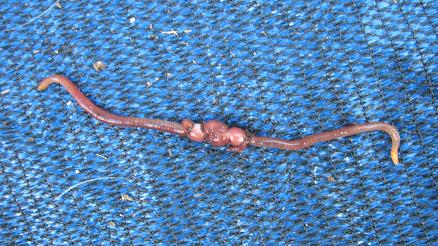
Our New Book
Order the Kindle E-book for the SPECIAL PRICE of only
$3.95
Prices valid till 31.03.2025!


